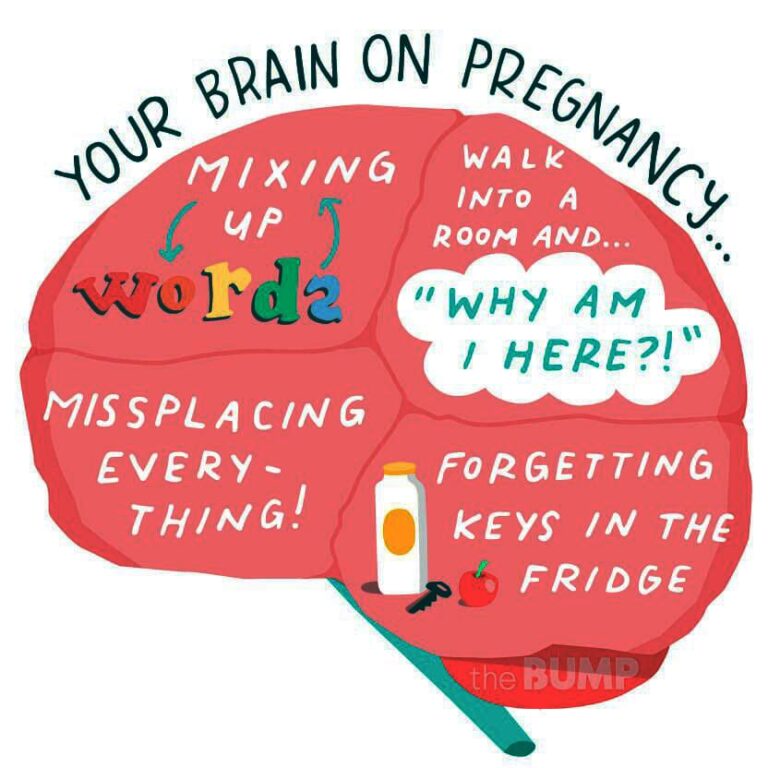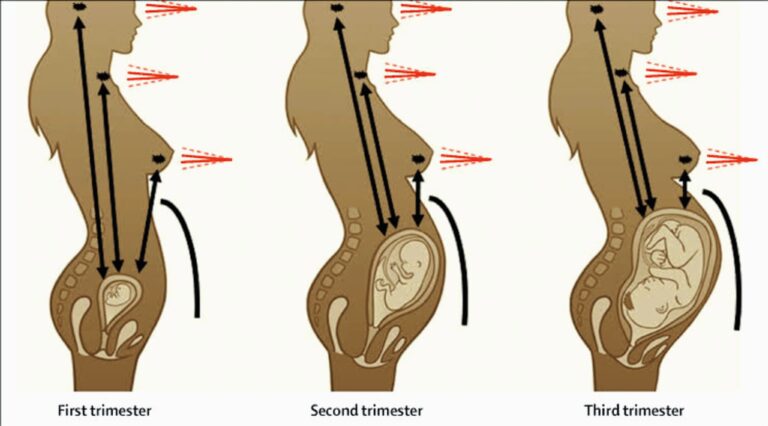Metabolism and Hormonal Activity in Pregnancy
The body undergoes major hormonal and metabolic changes throughout pregnancy to help the fetus grow and develop and to prepare for birth and breastfeeding.
Metabolic
Metabolic changes during pregnancy are among the many metabolic changes that the mother’s organs undergo to meet the demands of developing embryos (fetal and postnatal) and the growth of her own breast and vaginal tissue. Changes are included. Additionally, reserves must be established to handle the stresses that her body will experience during pregnancy, birth, and the postpartum period.
Both carbohydrate and protein metabolism are affected during pregnancy. Hemoglobin, plasma proteins, mammary gland tissue, uterine contractile proteins, and the placenta receive half of the extra kilogram of protein accumulated. The other half goes to the fetus and placenta.
Fetal growth and fat accumulation, nutrition must be increased. Steroid hormones, lactogen, and cortisol are the culprits behind these changes. In addition, there is an increase in gluconeogenesis, which increases glucose levels in the mother, indicating an increase in liver metabolism. Gestational diabetes can be brought on by the mother’s insulin resistance.
Hormonal Activity
Pregnancy changes the levels of several hormones in the body. Many hormones play an important role during pregnancy. These are as follows:
- Human chorionic gonadotropin (hCG)
Pregnancy occurs only when this hormone is produced. The placenta is the main source of its production. During the first trimester, the mother’s blood and urine levels of the HCG hormone increase significantly. Pregnancy-related nausea and vomiting may be partly due to them.
- Progesterone hormone
During the early stages of pregnancy, progesterone is produced to support your baby until the placenta takes over. When progesterone is present, the uterus receives more blood. In addition to vomiting, reflux, gas, and constipation, it can also cause that annoying heartburn. This can help your baby develop later. This will stop you from breastfeeding until your baby is born and prepare your pelvic floor muscles for labor.
- Estrogen
These hormones help in the development of female sexual characteristics. Normally, ovulation is where it is formed. To support a healthy pregnancy, the placenta also produces it throughout pregnancy.
- Human placental lactogen (hPL)
Human Chorionic Somatomammotropin is another name for this hormone. The placenta is responsible for its creation. It supplies the fetus with nourishment. In preparation for nursing, it also activates the breasts’ milk glands.







